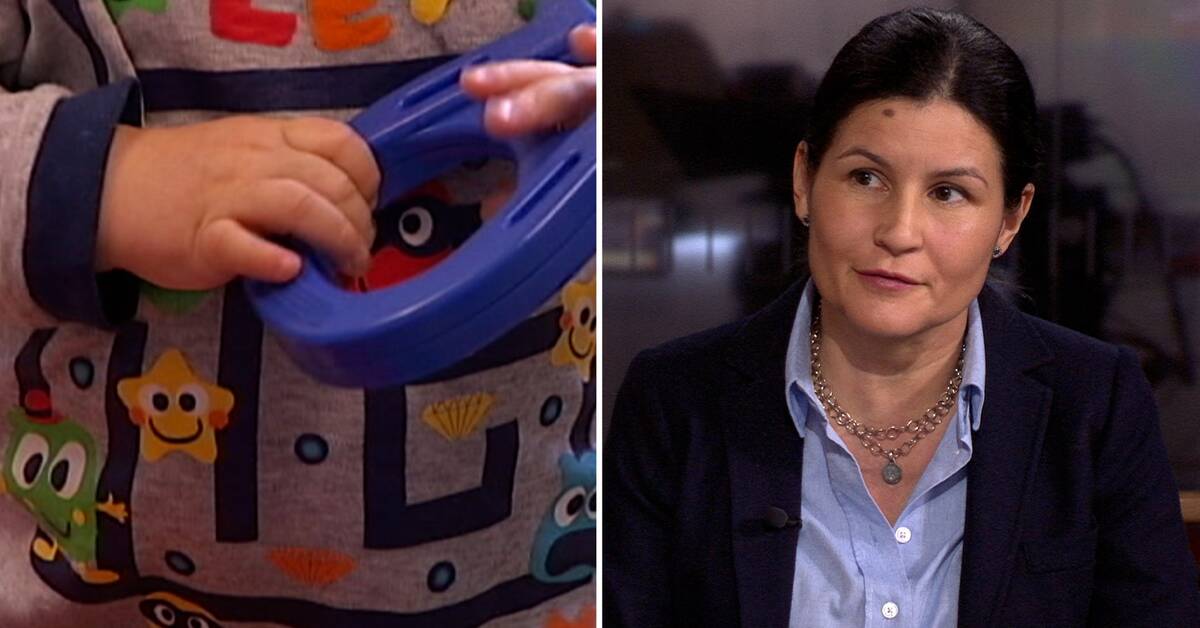Karla Jonsson, professor of pedagogical work, believes that language development is governed both by how much you hear a language and how much you get the opportunity to communicate in the language.
- There are children who have heard the Swedish language less and may not speak it at home, who will be affected so that their language learning is delayed somewhat compared to if they had been in school or preschool, she says in Morgonstudion.
However, she believes that language learning takes place not only in school and preschool but also, for example, through friends and leisure activities.
- I do not get directly worried in general, but on the other hand you can think that some children may need support to get a boost in language development when it comes to the Swedish language, says Karla Jonsson.
Home language may have benefited
To ensure that all children get the Swedish skills they need, she believes that it is important that teachers and educators work actively with the language.
- In school, it is about seeing language in all subjects not only in the language subjects but also in, for example, mathematics, NO and SO.
In preschool, you can play with the language, rhyme and talk about what you see in the surroundings, says Karla Jonsson.
Another effect of the high sickness absence in recent years is that children with a mother tongue other than Swedish may have developed their knowledge of the home language more than they would otherwise have done.
- If you know a language and use it at home, you can use it as a resource when learning a new language.
Languages support each other and bilingual children have the ability to make comparisons and break down words that monolingual children do not have, says Karla Jonsson.

